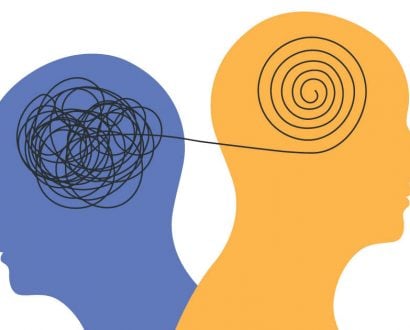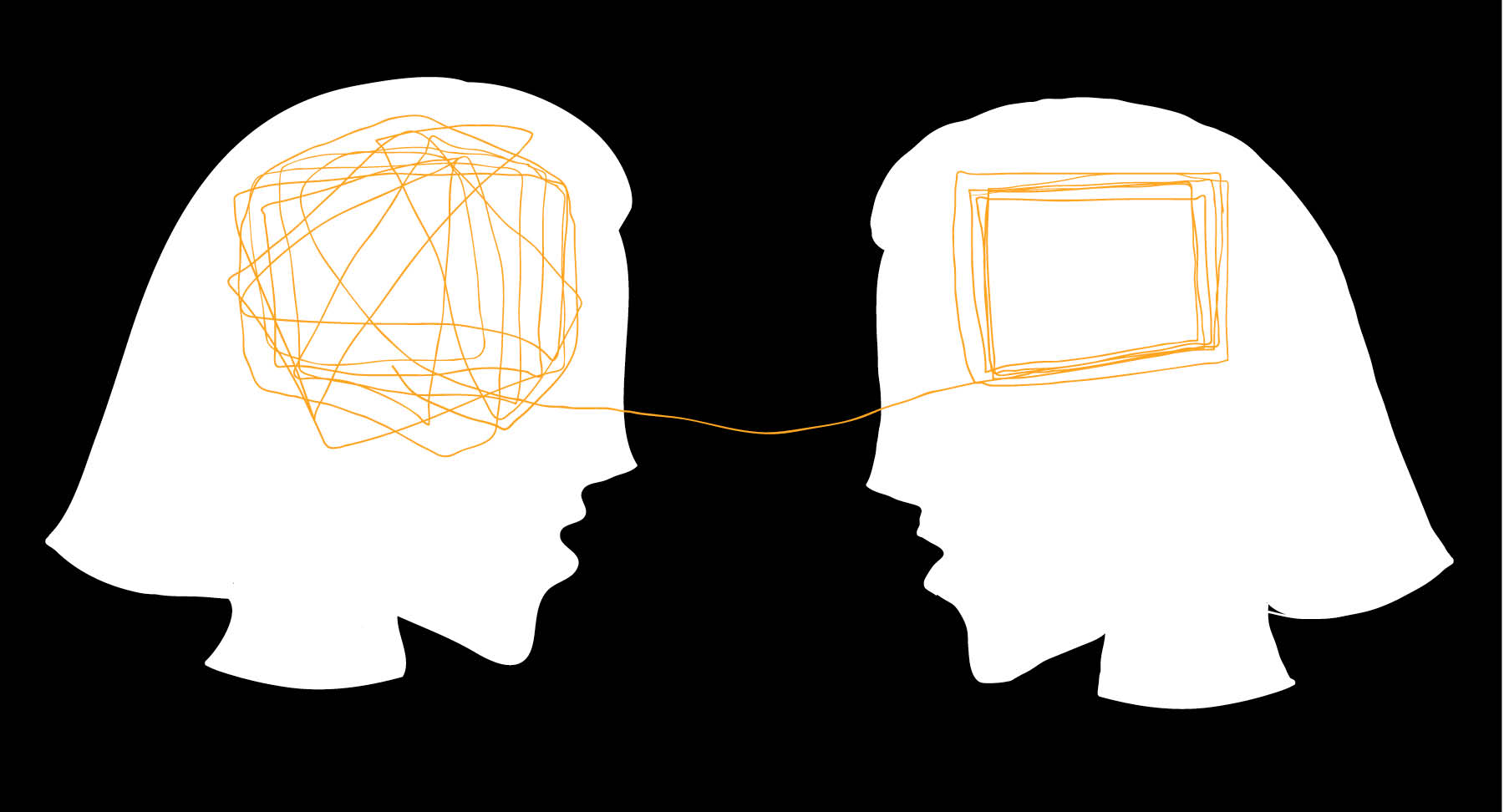Want to be a great leader? Check your empathy

I don’t know one CEO who doesn’t want to be a great leader. But my first question to any leader that truly wants to be great is this: How’s your empathy?
Your success as a leader in any context is directly related to your ability to empathize. When you take the time to understand what your staff and key stakeholders are feeling, you’ll also start to take responsibility for the behavior that shapes their view of you.
The view others have of you is shaped by the view you have of yourself because how you see yourself shapes your behavior, and how you behave shapes how people see and experience you. It really is that simple.

Your success as a leader in any context is directly related to your ability to empathize.
As a CEO, team leader, manager or even as a parent, this forges the culture of the organization, team or household you are leading. To relate this back to one of my favorite movies, let’s talk about the film, Being John Malkovich.
A cult classic from 1999, it tells a bizarre story that provides insight into the concept of being able to inhabit somebody else’s skin, feel what they feel and move how they move. And in doing so, you learn more about yourself by feeling free to express and explore who you are through the vessel of another.
To my mind, it beautifully conveys the power of empathy to enable deep reflection to take place about your own thoughts, feelings and behavior.
Truly being you
What’s so wonderful about this film is that John Malkovich stars as John Malkovich, which to me, is the ultimate test of empathy. Imagine that you were asked to play the starring role in the movie? In other words, how would you ‘be’ you? Like any other role, you’d have to study your character’s every move, understand their motivations, values, strengths, weaknesses and fears.
You’d have to understand in-depth, how they think, feel and behave in any given scenario. If you think this is easy, see how you go when someone sets you up in front of a camera and says, "Just be yourself." To most, this is usually enough to trigger a freeze response or make you go completely blank.
We could argue that overthinking who you are or how you are perceived is a bottomless pit of self-conscious despair and will only lead to anxiety. On the contrary, I don’t think we consider our impact on others enough. And this is especially pertinent for leaders.
If you want to make a positive impact on society at large, start with the people you interact with regularly and have a go at making sure your presence ensures they have a positive experience with you.
Empathy is one of our most important emotional muscles, and like all muscles, the more you use it, the stronger it gets.
Empathy is one of our most important emotional muscles, and like all muscles, the more you use it, the stronger it gets.
But empathy also has to start with you. And by that, I mean, how kind and understanding are you of yourself? Do you give yourself breaks and downtime when you know you’re stressed or overwhelmed? Do you celebrate your wins, do you allow yourself to learn and thrive by doing the things you’re passionate about? Do you practice self-care?
Or are you, like many leaders, way too hard on yourself, crippled with imposter syndrome and often silo yourself by never asking for help or taking time off?
Empathy is the perfect case in point for leading by example, and some of the world’s most respected CEOs have it in bucketloads. So, before you take another management or leadership course, my suggestion is to test your own empathy levels. If they’re lacking, this is the first thing you need to work on to be the leader you want to be.
That’s how leaders go from being good to great.